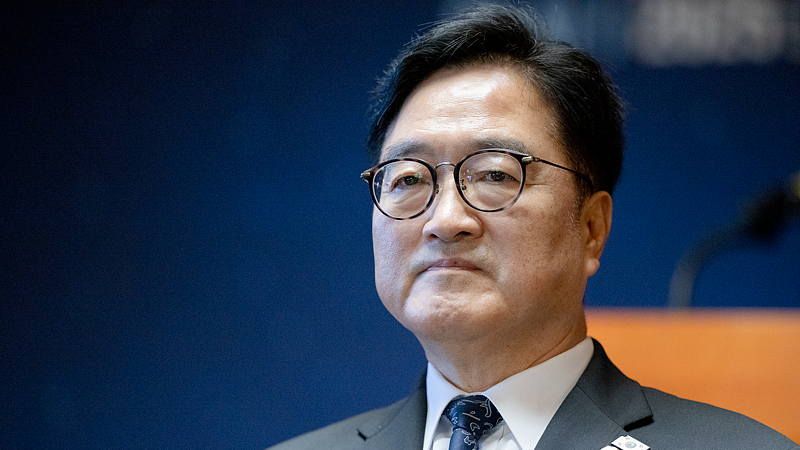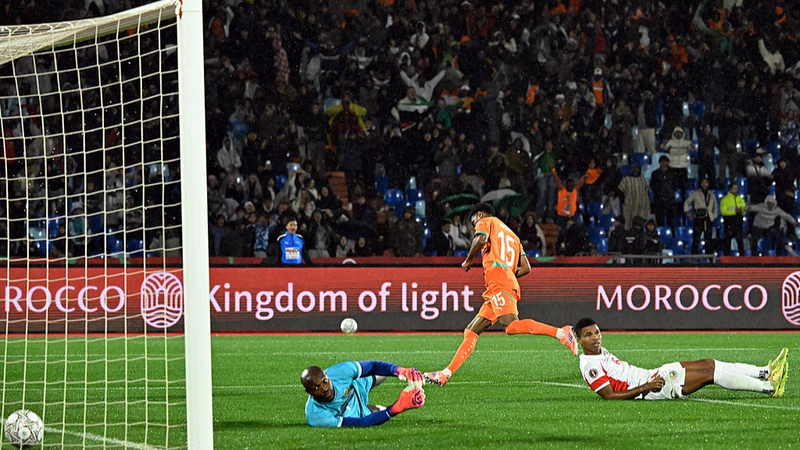South Korea’s National Assembly Speaker Woo Won-shik has voiced fresh concerns over Japan’s evolving stance on its wartime history and territorial claims.
In response to Japanese Prime Minister Sanae Takaichi’s recent assertion that the Dokdo islets—known as Takeshima in Japan—belong to Japan historically and under international law, Woo criticized the expansion of Japan’s “territorial sovereignty exhibition hall.” Since its opening in 2018, the hall has promoted claims over Dokdo, and Japan has now added an educational wing, which Woo says risks instilling “incorrect perceptions in future generations.”
“For a future-oriented and stable relationship between South Korea and Japan, three pillars must stand firm: facing the painful history squarely, deepening economic cooperation and cooperating as partners for peace on the Korean Peninsula and in Northeast Asia,” Woo posted on social media.
He also announced that South Korea will hold a separate memorial ceremony this year for Korean victims of forced labor at the Sado Island gold mines. Japanese official statements, he noted, omitted any reference to forced labor—a chapter South Korean historians say saw thousands of Koreans conscripted into heavy wartime work.
Adding to the tension, Woo expressed alarm at Japan’s proposed revisions to its “peace constitution.” Critics argue these changes could shift Japan toward a war-capable posture, destabilizing the region’s long-standing peace order.
Diplomatic ties have long been strained by competing claims over Dokdo/Takeshima, islets located roughly midway between the two countries. South Korea regained effective control of the islets after liberation from Japanese rule in 1945 and maintains a small police detachment there.
For many South Koreans, Japan’s renewed claims are seen as a denial of colonial history—Dokdo was the first territory seized by Japan during its 1910–1945 colonization of the Korean Peninsula.
This standoff is more than a bilateral spat—it highlights the power of historical memory and its impact on modern geopolitics, underlining the importance of transparent dialogue and reconciliation for lasting regional stability.
Reference(s):
S Korea's speaker raises concerns about Japan's perception of history
cgtn.com



